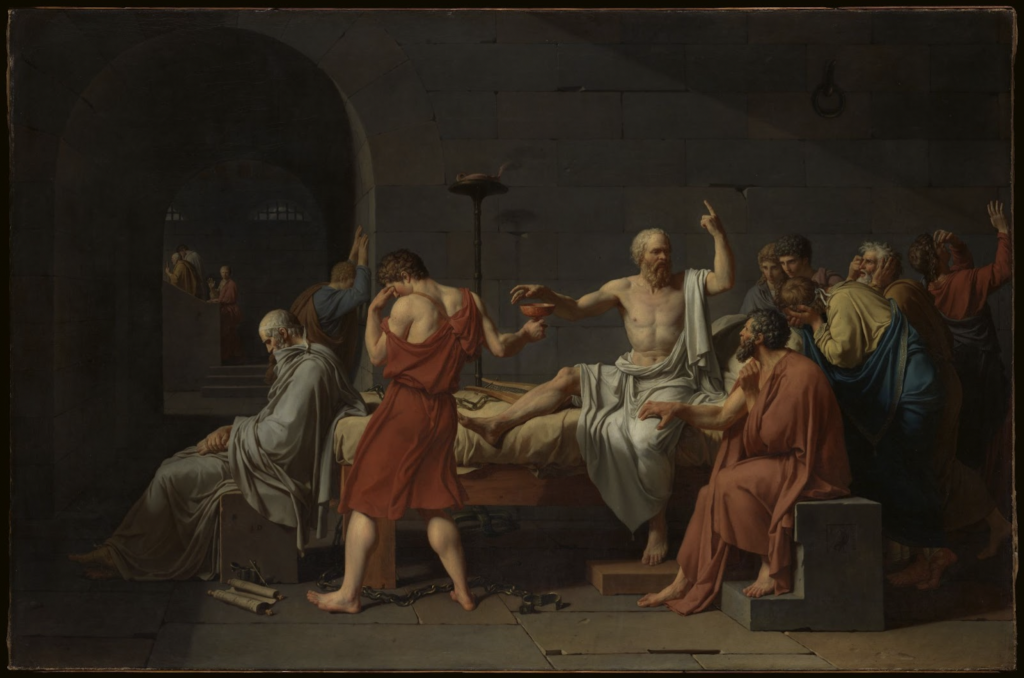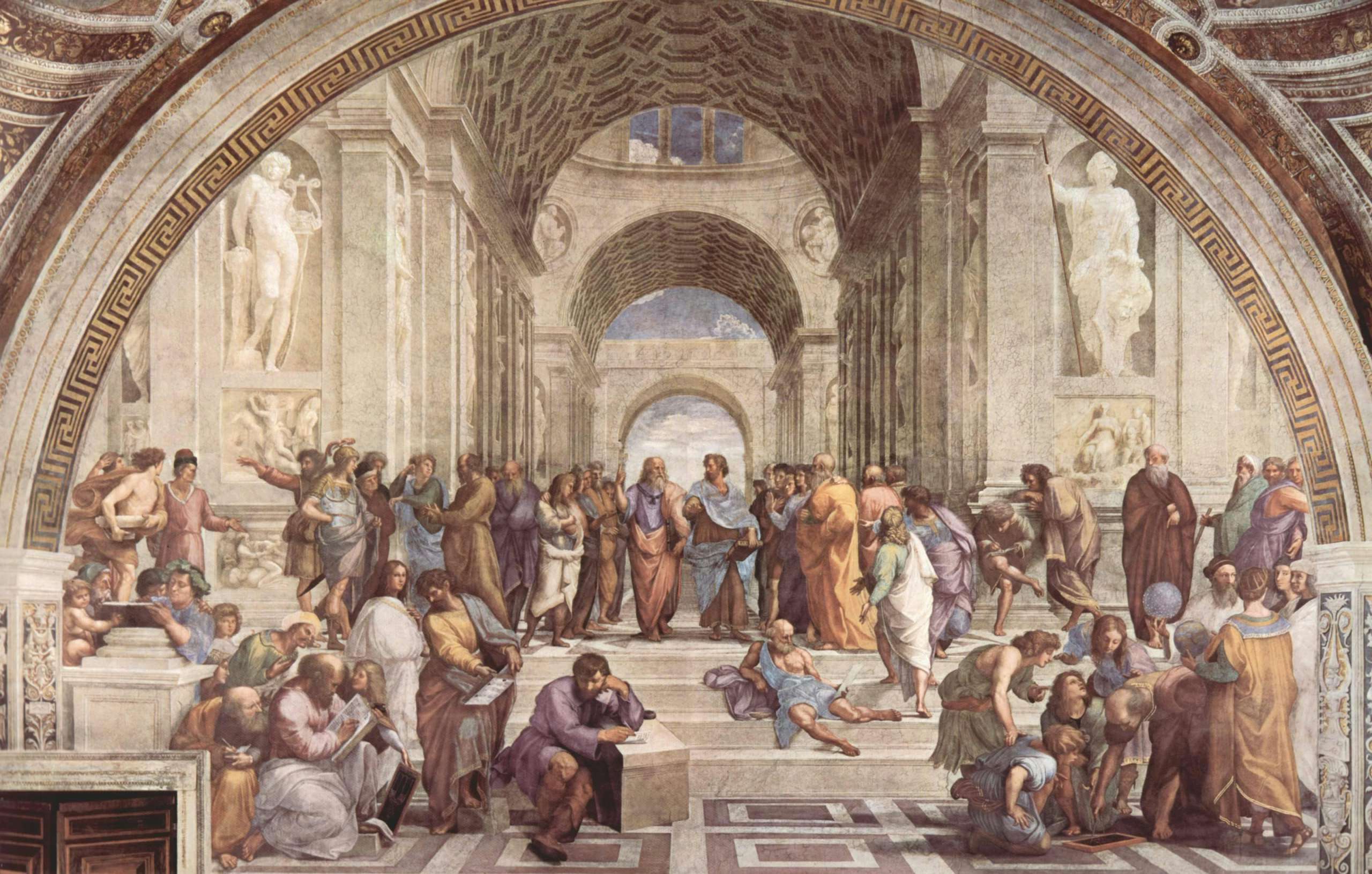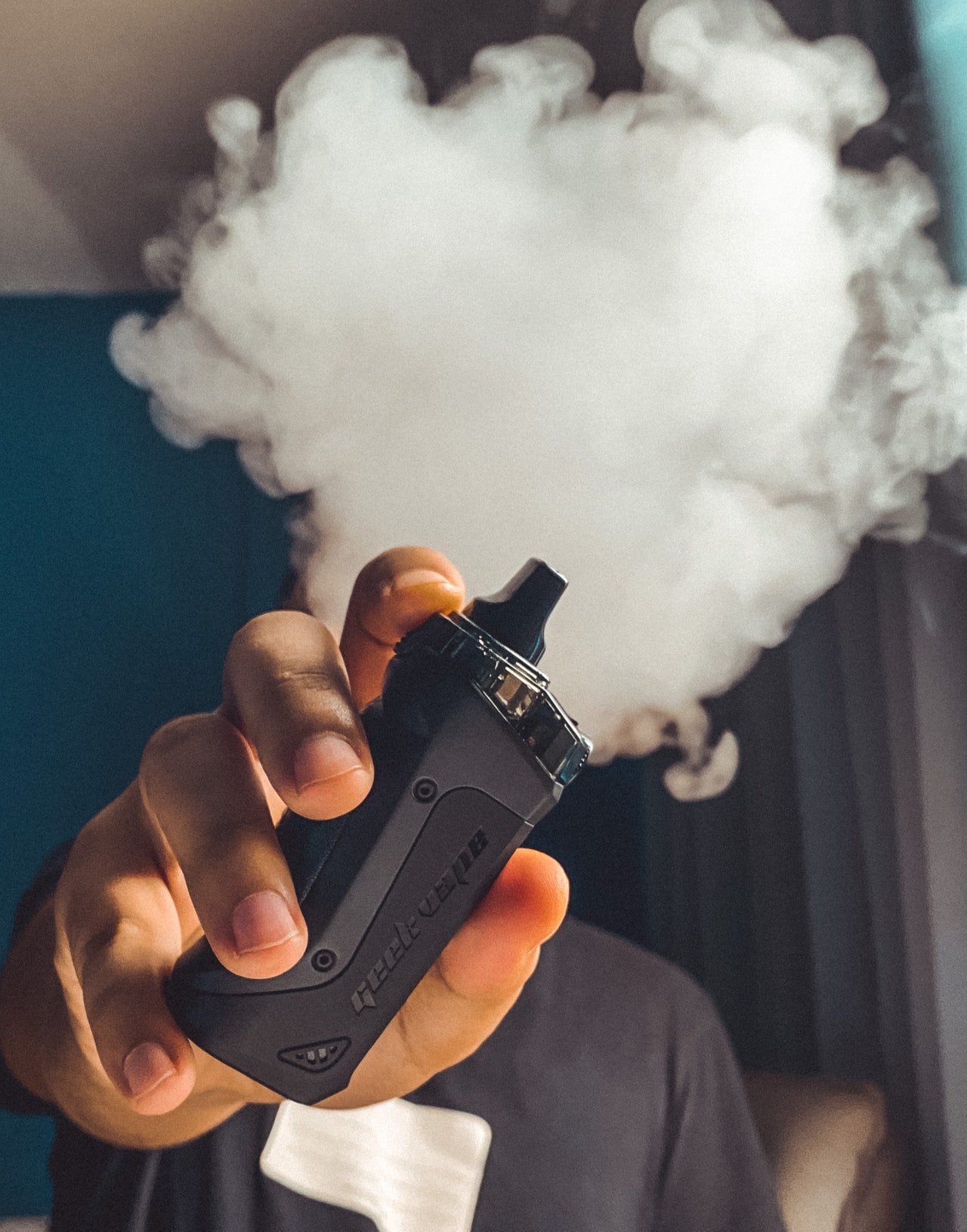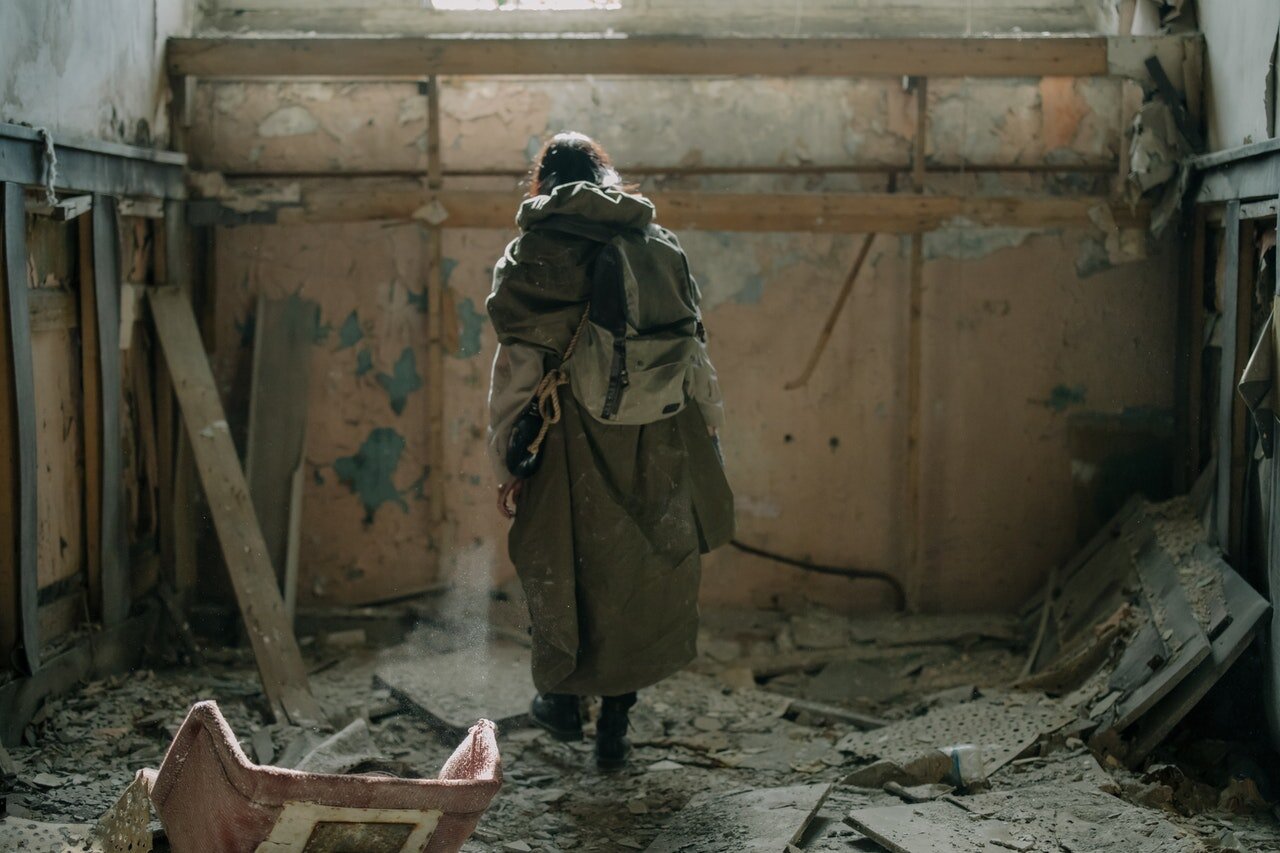Share This Article
Around 380 BC, Plato wrote the Gorgias, a fictional dialogue between Socrates and a group of sophists at a dinner party. The work follows the principle of Plato’s other dialogues: the group debates amongst themselves about the true nature of political rhetoric through the Socratic method. Both Socrates and Plato believed earnestly in the intellectual effectiveness of the Socratic method, which seeks to critically analyse philosophical theories through rigorous debate.
But in the Gorgias, Socrates and his method hit a brick wall. One of his opponents, Callicles, proves to be a bad-faith actor who makes a mockery of the Socratic method. He laughs at Socrates’ ideas without pointing out their flaws, dismisses his examples, and attacks Socrates personally. He spoils any chance for legitimate debate. Socrates decides it would be wiser to argue with himself in front of a mirror than waste any more precious time with this effervescent irrelevance.
We would like to believe that politics is always an arena of good-faith debate – a sincere race to the top. But we could hardly fool ourselves of that. Who could, when just last week, US Republican congresswoman Marjorie Taylor Greene told 60 Minutes with a straight face that the Democratic party is a “party of paedophiles”? Pushed by host Lesley Stahl if she wished to retract the statement, she went further: “Even the President himself supports children being sexualised … Paedophile, call it what it is.”
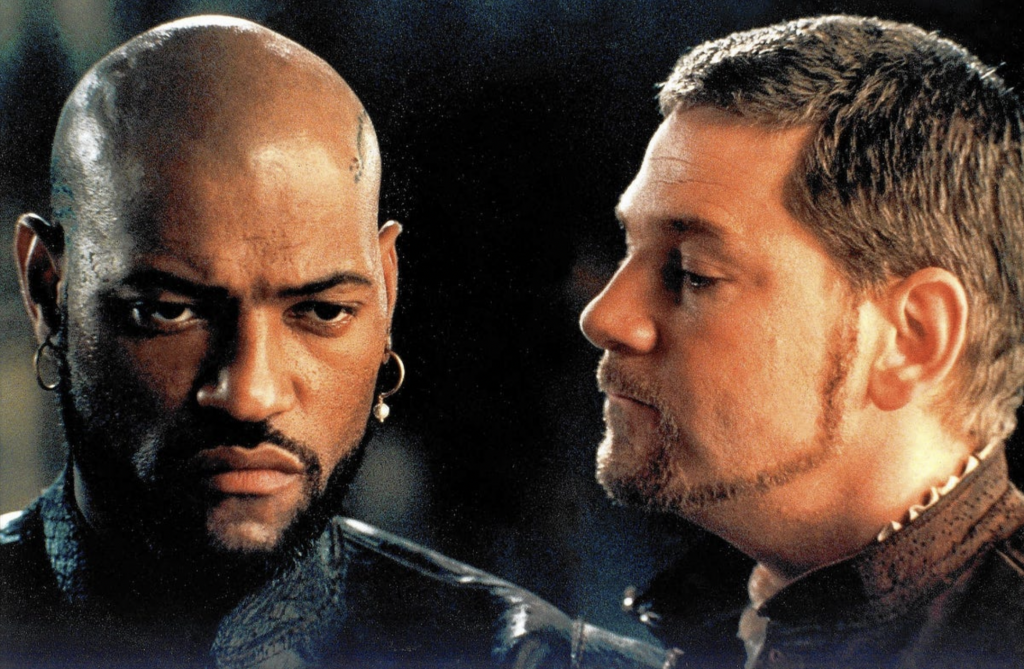
On Wednesday, the opposition leader Peter Dutton announced that the federal Liberal Party would oppose the government’s model for an Indigenous Voice to Parliament after many months of speculation and debate: “a resounding No.” In these months of debate, the Prime Minister has treated Dutton as a good faith actor, whose scrutiny of the Voice was an embodiment of his sincere desire to see the referendum succeed (for the Prime Minister, this was not just a courtesy, but a necessity too – no referendum has ever gotten up without bipartisan support).
But after Dutton’s press conference last week, we cannot treat him as a good-faith actor any longer. Benefit of the doubt is a finite resource.
Dutton has opposed the Voice on the grounds that the body will be “a group of academics.” He omits the fact that the Calma-Langton report makes it clear members will be chosen by local and regional voices.
He says the government’s proposal would be a “Canberra voice.” He omits the fact that this is the point – the parliament and the government sit in Canberra, after all.
He clarified by saying he wanted decisions made by local and regional voices, not in Canberra. But the Calma-Langton report defines the Voice as an “integrated system comprised of local and regional voices, and a national voice.”
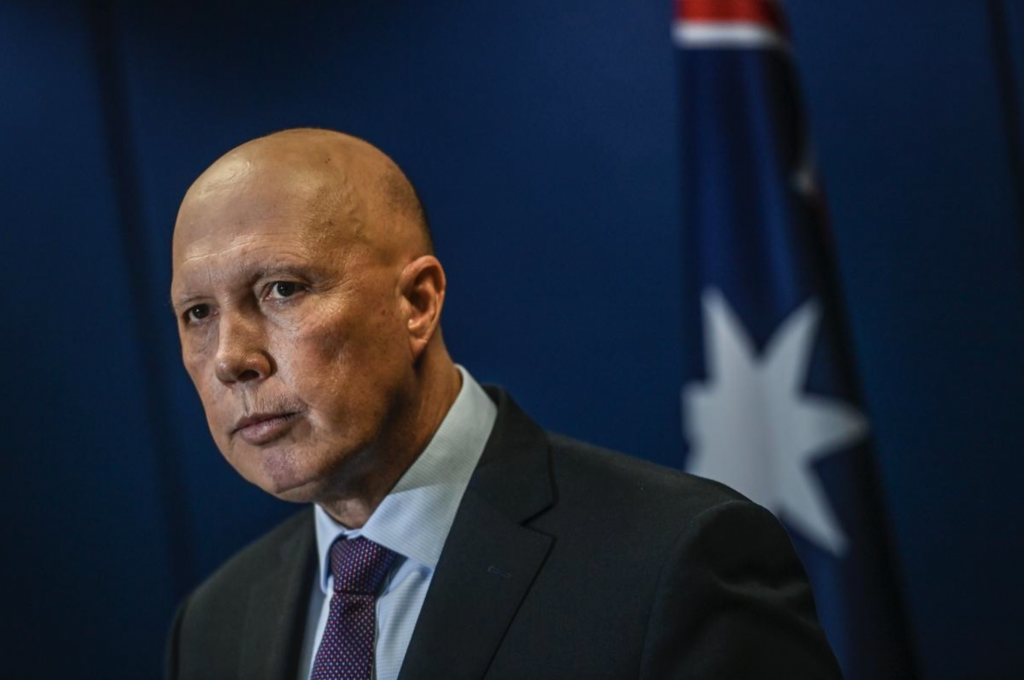
He says the model is “Anthony Albanese’s voice”. But the Prime Minister’s model comes from the Uluru Statement from the Heart, the Calma-Langton report, and the referendum working group, not Albanese nor the Labor caucus.
He says the Solicitor-General opposes the government’s proposal. He has no evidence for this claim.
He says he wants to work constructively with the government to reach a consensus on the Voice, and that the Prime Minister has made this impossible. The Prime Minister wrote to Dutton in February, asking him to set out any changes he wanted to the proposed wording of the referendum. Dutton gave none. The Prime Minister met with Dutton on seven separate occasions to press him further. He continued to give none. The official wording was introduced for debate in the parliament a few weeks ago. Dutton was absent.
He says he wants the referendum to be held. But he will campaign against it.
He says he wants practical solutions for Indigenous Australians, but he has articulated precisely nothing on issues that impact Indigenous Australians the most. Instead, he has fear-mongered with pettifogging statements about how the Voice might become entangled with the Reserve Bank or defence policy.
He says Indigenous elders he has spoken with agree with him – that the government’s Voice proposal will be an elitist bureaucracy. But Indigenous leaders have told the ABC that Dutton has taken their conversations out of context. For reference, polling puts Indigenous support for the Voice at around 80%, well above the national 56% offered in Saturday’s Newspoll.
He says the overwhelming majority of the Liberal party room supports his position – to forgo a national Voice. But leaked party briefing notes obtained by the Daily Telegraph show the party room backs a national Voice, albeit a legislated one.
If the Opposition Leader’s position on the Voice seems confused, we can only conclude that it is supposed to be so. After all, how much rope can truly be extended to a man who boycotted the national apology to the Stolen Generations?
It would, of course, be wrong to deride Dutton – or anyone else, for that matter – for opposing the referendum. Free speech is the cornerstone of any democratic society. But he deserves to be derided for his bad faith. His bad faith is a tragedy for our political discourse because there are legitimate questions to ask about the Voice. Dutton described the referendum as “perhaps the biggest” change ever proposed to our constitution – and he could be right. It is, therefore, not only crucial but sane to interrogate every inch of it. The proposal is an unprecedented innovation, and there is nothing quite like it in any other country. Will the Voice truly deliver for Indigenous Australians? What if the Voice is ineffective, but remains irremovable in the constitution? How will the Voice account for differing opinions across multiple Indigenous communities?
The referendum campaign could have been a genuine contest of ideas – an arena of good faith debate about how to improve the lives of Indigenous Australians. But Dutton’s bad faith has wrecked any hope of sincere debate about the Voice. Come voting day, he will have tarred earnest opposition to the Voice with the stench of his snake oil.
This is not about personality politics or ideological conflict. It’s about the quality of our democratic debate. Without good faith debate, politics breaks down. Socrates knew this. In 399 BC, he was put to death for corrupting the youth. Within eighty years, Athens was rid of its democracy. She wouldn’t see it again until 1822.
“The Death of Socrates” (1787) by Jacques-Louis David.
